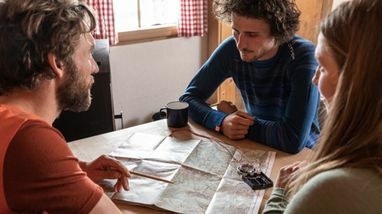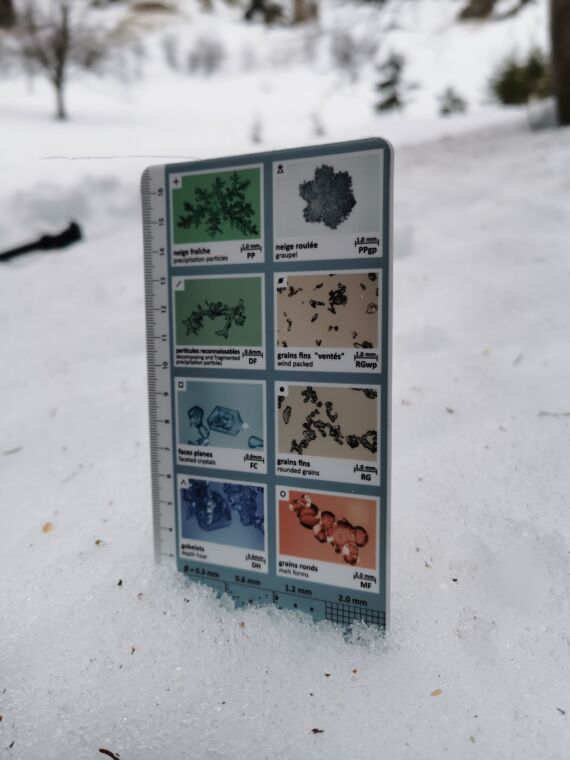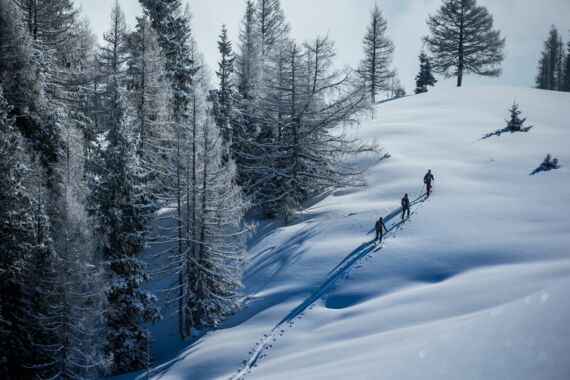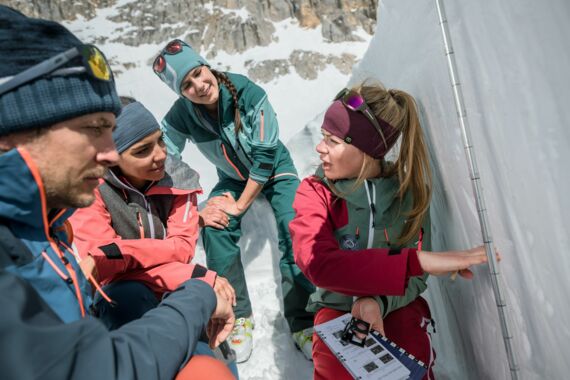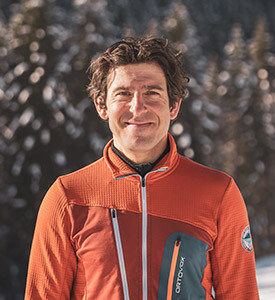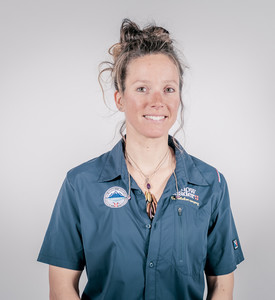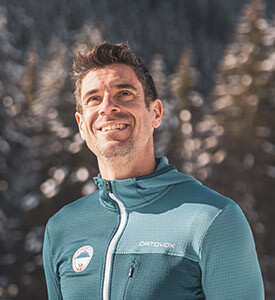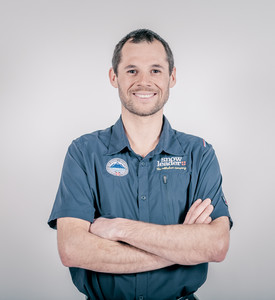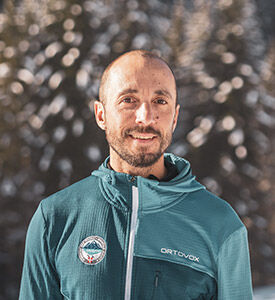For a while now (and even more so in the last two winters), ski touring has become a popular sport. More and more skiers are turning to this winter sport, which combines physical effort and endurance on the way up and the pleasure of sliding down! Ski touring is synonymous with freedom in the wide open spaces covered in snow. Who hasn't ever dreamed of making their own tracks in the powder snow, far from the ski lifts? But beware, don't start this sport without knowing the safety equipment and snow conditions.
The main elements covered during the course :
- Choosing the right itinerary on the way up
- Choosing a descent itinerary
- Use of maps and slope inclination on a smartphone.
- Snow sections to assess the stability of the snow cover.
- The method of vigilance modes.
- The strategy for choosing a route with the parameters of location, duration, meteorology and snow report.
- The method of the 6 parameters to be monitored.
- The comparison of the elements of the snow-weather report and the conditions on the ground.
- Which safety tools: Arva, Airbag, the winter inclinometer, Thermometer....
- The few days of maximum danger in winter.
PROVISIONAL PROGRAMME :
Our high mountain guides have designed this ski touring & safety course over 3 days, in partnership with the brand ORTOVOX which will allow you to test the equipment.
Day 1: The itinerary and the track in ski touring.
Day 2: The itinerary and the track in off-piste skiing (La Clusaz or Le Grand Bornand).
Day 3: Application of the teaching on remote itineraries in the Bornes or Aravis massif.
The best time to take this course is at the beginning of the season, when the snow is most unstable. Several sessions are offered from December to February to allow you to see the changes in the snow cover.
Level required for this course:
Level 2 - INTERMEDIATE.
Any doubts about your level of ski touring or off-piste skiing? Check out our page for all the detailed information from the office guides.
This course is suitable for those who have already learnt the basics of mountain safety and who wish to develop their practical and theoretical knowledge to become more independent.
For those who have not yet acquired this knowledge, we strongly recommend that you take part in our course on learning to use avalanche rescue equipment.
Our other safety courses :




